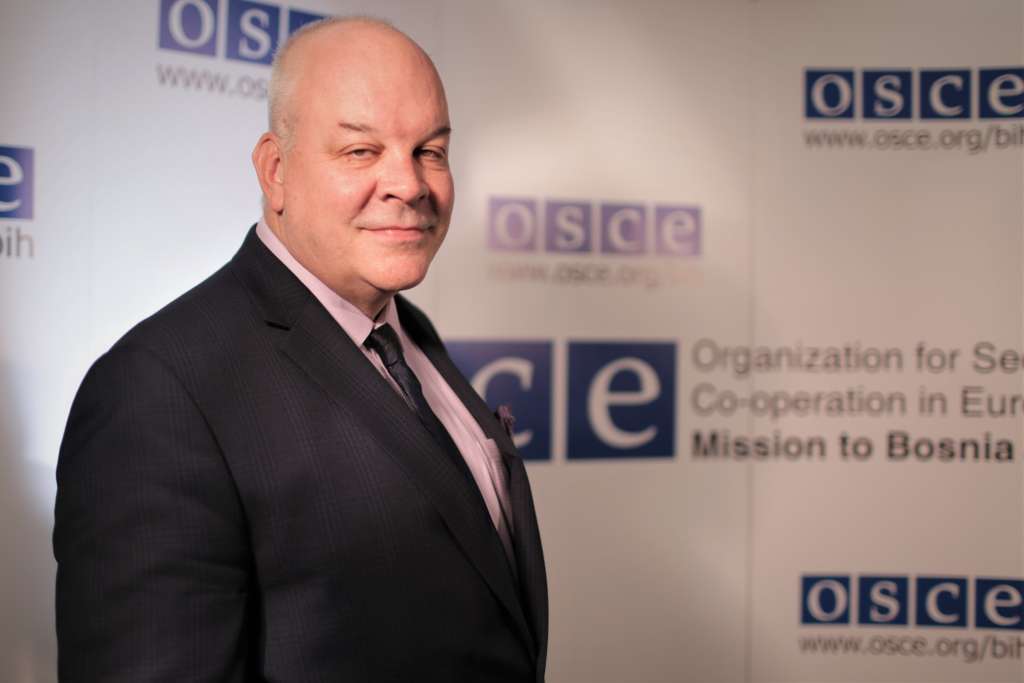72 Hours of Rapid Change – Exploring the Impact on Regional Stability as the latest ghana news today spotlights key economic reforms.
- Vibrant Accra Echoes: Ghana news spotlights ambitious infrastructure plans alongside emerging economic forecasts.
- Infrastructure Development: The Engine of Growth
- Expanding Port Capacity for Regional Trade
- Modernizing Railway Networks for Efficient Transportation
- Economic Forecasts and Growth Drivers
- Fiscal Policy and Debt Management
- The Role of Technology and Innovation
- Challenges and Opportunities Ahead
Vibrant Accra Echoes: Ghana news spotlights ambitious infrastructure plans alongside emerging economic forecasts.
Ghana is a nation experiencing a dynamic period of growth and transformation. Recent economic indicators, coupled with ambitious infrastructure projects, are painting a picture of a country poised for significant advancement. Understanding the current landscape requires a detailed examination of both the challenges and opportunities facing Ghana, particularly in relation to its evolving economic forecasts. This overview of ghana news will explore these developments, offering insights into the key factors shaping the nation’s future and detailing ongoing infrastructure development.
The acceleration of urbanization and the expanding middle class are increasingly prominent features of contemporary Ghana. These demographic shifts are directly influencing demand for housing, transportation, and employment opportunities, prompting strategic investments across multiple sectors. The government is actively seeking to foster a more favorable business environment to both attract foreign investment and stimulate local entrepreneurship, aiming to diversify its economy beyond traditional commodity exports.
Infrastructure Development: The Engine of Growth
Ghana is undertaking a series of large-scale infrastructure projects designed to address critical development needs. Perhaps most notable are the ongoing efforts to expand and modernize the nation’s transportation network, including highway construction, railway rehabilitation, and port expansion. These improvements are intended to reduce logistical costs, facilitate trade, and enhance connectivity between regions. Crucially, these advancements strive to support the growth of various industries and stimulate economic activity across the country.
Beyond transportation, investments are also being made in energy infrastructure to ensure reliable and affordable power supply. Renewable energy sources are gaining prominence, with projects focused on solar, wind, and hydroelectric power. These initiatives will not only contribute to environmental sustainability but will also reduce Ghana’s reliance on fossil fuels, strengthening its energy independence and resilience.
| Project Name | Sector | Estimated Cost (USD) | Project Status |
|---|---|---|---|
| Accra-Kumasi Highway Expansion | Transportation | $250 million | Ongoing |
| Tema Port Expansion | Maritime | $350 million | Near Completion |
| Pwalugu Multipurpose Dam | Energy & Irrigation | $900 million | In Planning |
| Eastern Railway Line Rehabilitation | Transportation | $200 million | Ongoing |
Expanding Port Capacity for Regional Trade
The expansion of the Tema Port represents a significant investment that aims to transform Ghana into a major regional trading hub. The project is adding new berths, deepening the harbor, and enhancing cargo handling capabilities. This expansion will allow Ghana to accommodate larger vessels, increase throughput, and improve efficiency, all of which are critical for attracting more business and bolstering regional trade. The anticipated growth in port operations is expected to generate substantial economic benefits.
Strategic positioning plays a key role in this growth. Ghana's coastal location allows it to serve as a gateway for trade between West Africa and the rest of the world. To make the region more feasible and improve the economic outlook, the port expansion facilitates not only the import and export of goods but also serves as a transit point for neighboring landlocked countries, strengthening its role as a continental trade facilitator.
Modernizing Railway Networks for Efficient Transportation
Ghana’s railway network has historically suffered from years of underinvestment and neglect. However, significant efforts are now underway to rehabilitate and modernize the country’s rail infrastructure. These projects include track renewal, rolling stock procurement, and station upgrades. The aim is to create a more reliable, efficient, and sustainable rail transport system, reducing congestion on roads and lowering transportation costs. Investments are driving economic expansion.
The rehabilitation of the Eastern Railway line is particularly notable, as it will connect Accra with Kumasi, two of Ghana’s most important commercial centers. This connection is expected to greatly improve the movement of goods, reduce travel times, and provide a catalyst for economic development along the railway corridor. This improvement will contribute significantly to the country's trade and industrial growth.
Economic Forecasts and Growth Drivers
Ghana's economic forecasts appear positive, with projections of continued growth in the coming years. Key drivers of this growth include rising commodity prices, increased agricultural production, and expanding services sector. However, the country also faces challenges, such as high debt levels, inflation, and currency fluctuations. Addressing these challenges and implementing sound macroeconomic policies will be crucial to ensuring sustained and inclusive growth.
The government is focused on diversifying the economy to reduce its reliance on traditional commodity exports, particularly cocoa and gold. Efforts are underway to promote value-added processing of agricultural products, develop the manufacturing sector, and foster the growth of tourism. These initiatives aim to create new jobs, increase export earnings, and build a more resilient economy.
- Investment in Agriculture: Focusing on modernization and increased productivity.
- Diversification of Exports: Reducing reliance on cocoa and gold.
- Development of the Manufacturing Sector: Creating jobs and value added.
- Promotion of Tourism: Harnessing Ghana’s cultural and natural resources.
Fiscal Policy and Debt Management
Managing Ghana’s public finances is a critical challenge. The country’s debt levels have risen in recent years, necessitating prudent fiscal policies and effective debt management strategies. The government is committed to reducing the budget deficit, controlling inflation, and stabilizing the exchange rate. Achieving these objectives will require fiscal discipline, revenue mobilization, and efficient public expenditure management. Attracting investment and bolstering financial stability are key.
Efforts are being made to improve the business environment, attract foreign investment, and stimulate private sector growth. These efforts include reducing bureaucratic hurdles, streamlining regulations, and creating a more predictable policy environment. The aim is to foster a vibrant and competitive economy that can generate sustainable jobs and improve livelihoods.
The Role of Technology and Innovation
Technology and innovation are playing an increasingly important role in Ghana’s economic development. The country’s growing IT sector is creating new opportunities for entrepreneurs and businesses. Investments in digital infrastructure, such as broadband internet and mobile networks, are expanding access to information and services. These advancements are empowering individuals, fostering innovation, and driving economic growth.
Ghana is also embracing FinTech solutions, such as mobile money and digital payments, to promote financial inclusion and reduce reliance on cash. These technologies are making it easier for people to access financial services, save money, and conduct transactions, particularly in rural areas. This translates into a more efficient and accessible financial system.
| Sector | Projected Growth Rate (2024) | Key Drivers |
|---|---|---|
| Agriculture | 4.8% | Increased investment and improved farming techniques |
| Industry | 7.5% | Expansion of manufacturing and construction sectors |
| Services | 6.2% | Growth in tourism, finance, and telecommunications |
Challenges and Opportunities Ahead
While Ghana’s economic prospects are encouraging, the country still faces significant challenges. These include infrastructure deficits, skills gaps, and income inequality. Addressing these challenges will require a sustained commitment to investing in education, healthcare, and social welfare programs. Efforts must also be made to create a more inclusive economy that benefits all citizens.
However, alongside these challenges, Ghana is also presented with numerous opportunities. Its rich natural resources, strategic location, and youthful population position it for success. Continued reforms, strong leadership, and further investment in human capital will be vital to unlocking Ghana’s full potential and creating a brighter future for its people. The country’s ambitious, sustainable economic vision is gaining momentum across the continent.
- Strengthening Governance & Reducing Corruption
- Investing in Human Capital Development
- Promoting Private Sector Growth and Investment
- Developing a Diversified and Resilient Economy







Komentari